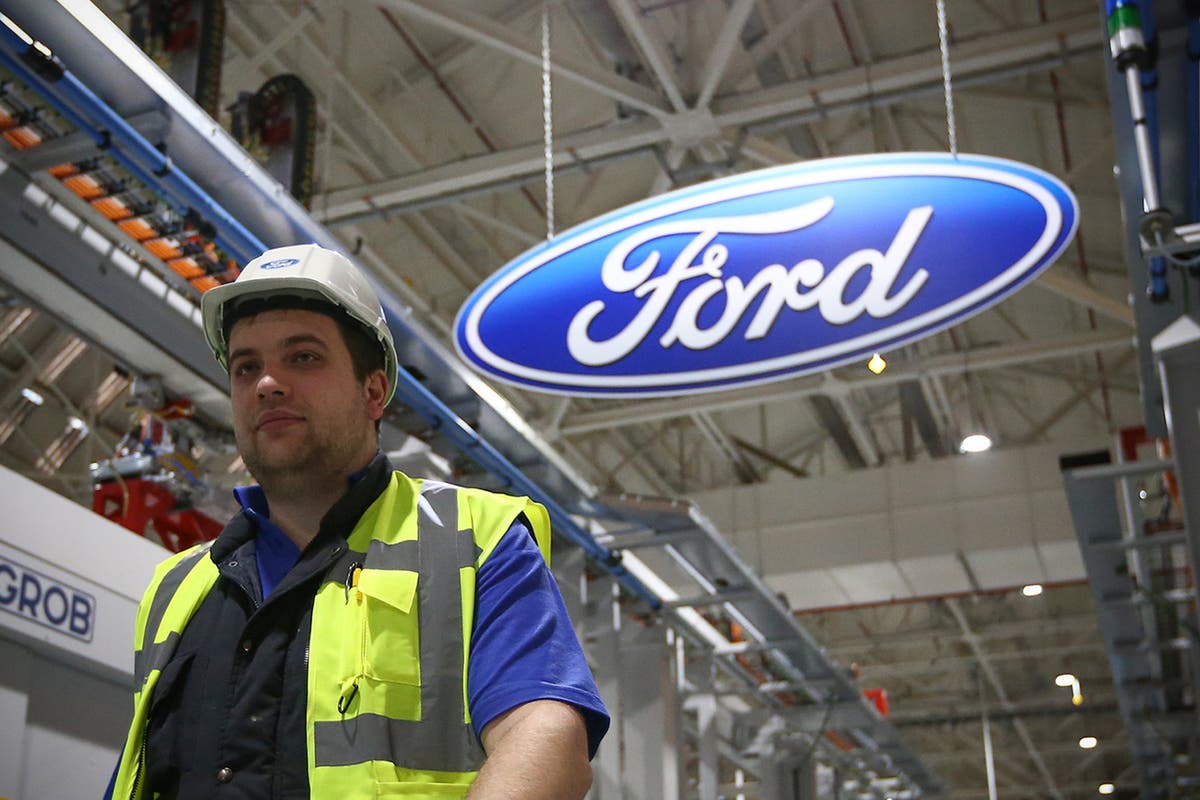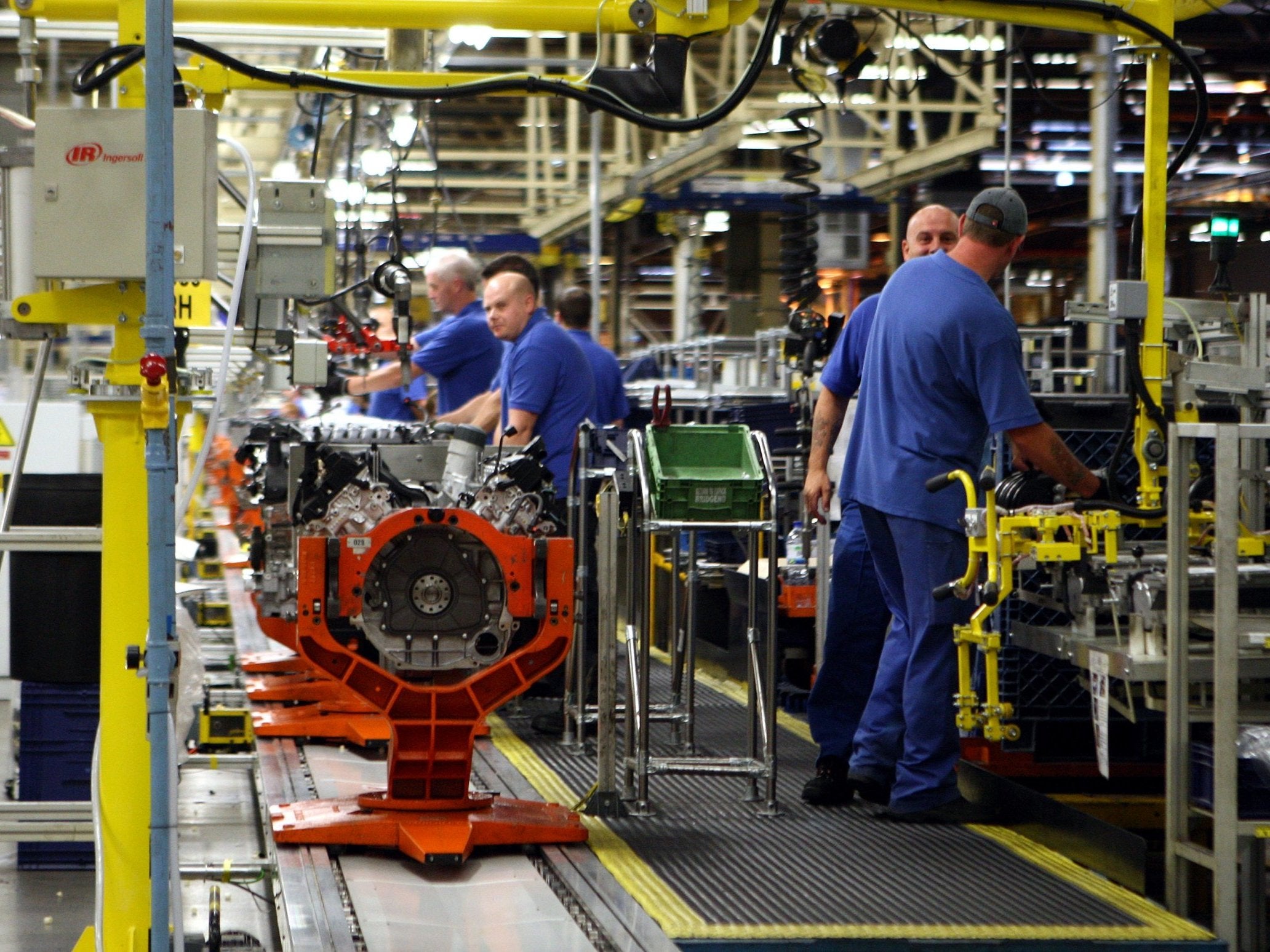Jobs
Ford to cut 800 UK jobs as electric car take-up slows

Ford says it will cut 800 jobs in the UK as it battles waning interest in electric cars and stiff competition from other car makers.
The cuts will happen over three years and are part of a bigger cull of 4,000 jobs across Europe.
The company insists that the cuts will not hit its plants in Dagenham, which makes diesel engines, or Halewood, where transmissions are made, and that voluntary redundancies should cover most of the cuts.
“Making this announcement isn’t something that anybody wants to do, and I appreciate it will have a very significant impact on our employees,” said Lisa Brankin, Ford’s boss for the UK and Ireland.
“It’s not the news anyone wants to hear at any time. So our aim is to try to deliver this through voluntary redundancy.”

The move will mean the company losing about a sixth of its 5,300 UK workers.
Ford cut 1,300 jobs in the UK last year, hitting its research and development site in Dunton, Essex.
It comes amid a difficult time in the car industry, especially for firms with European operations which are aiming to switch to electric car production.
While electric vehicle (EV) sales are rising, they are not increasing as fast as manufacturers would like, and many have had to cut prices to try and stoke demand.
The overall UK car market is also struggling, with sales falling 6 per cent in October. Sales to businesses and other fleets helped mask a 12 per cent fall in purchases by individuals and families.
The UK car industry’s lobby group, the Society of Motor Manufacturers and Traders, this month renewed its plea for government support in getting more buyers to purchase electric cars.
Car makers also face tough competition from China, where a large and growing industry has access to cheaper labour, more battery plants and also fewer petrol car plants that they must eventually mothball.
Ford ended production of the Fiesta last year, one of the most popular cars in Britain of all time, selling millions of units.
Like many car makers, the higher price of electric vehicles – they are cheaper to run but have a larger initial cost – meant Ford has made a push into making more upmarket motors, such as its electric Mustang.
But this has made the premium and luxury car market a crowded place, pushing down prices and eating into profits. Net profit for Ford’s US parent company dropped to $0.9bn (£0.71bn) for the three months to September, down from $1.2bn a year earlier.
A government spokesperson said: “We know this will be a concerning time for workers at Ford UK and their families. While this is a Europe-wide decision taken for commercial reasons, we have asked the company to urgently share its full plans so we can help mitigate the impact in the UK.
“We have a longstanding partnership with Ford and will continue to work closely with them on their manufacturing future in the UK.
“We will also continue to support industry and consumers to make the switch, with over £300m announced in the Budget to drive uptake of electric vehicles and £2bn to support the transition of domestic manufacturing.”










